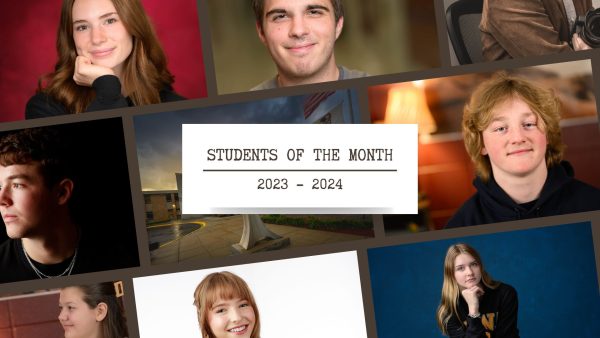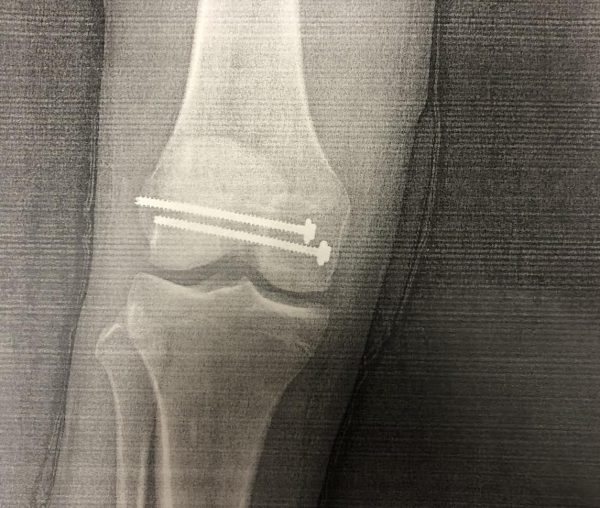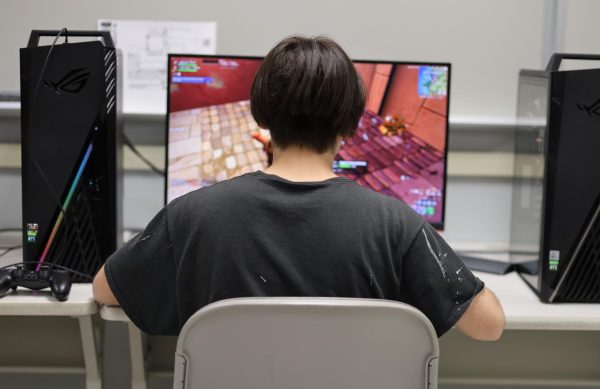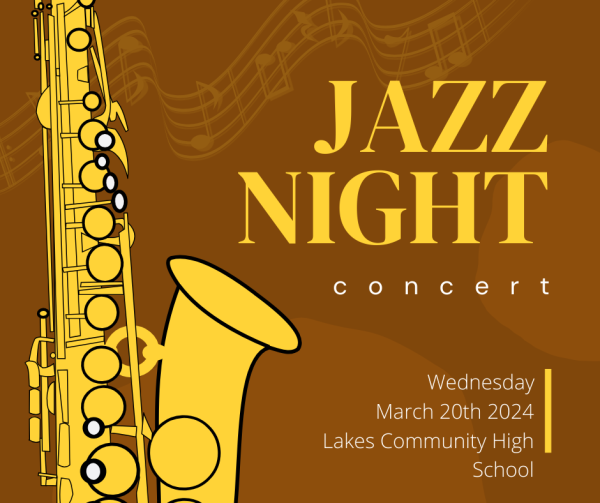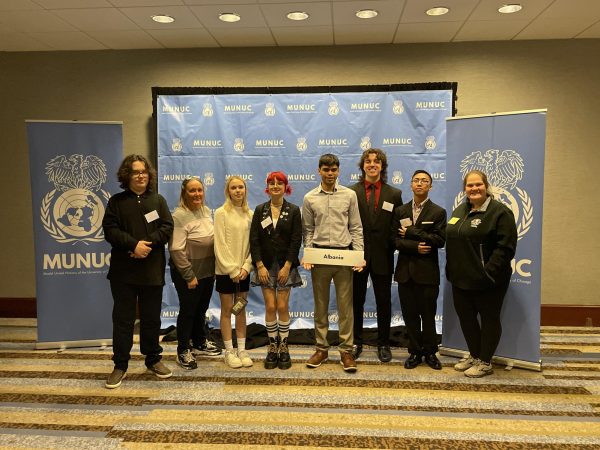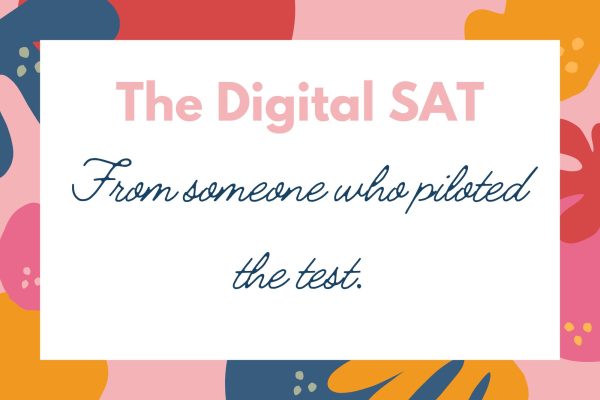#SL@NG is “The Bees Knees”
I mean, the kind of words you’re using bruh are just so far out; they’re so fetch, but then again, that’s never going to happen.
More stories from Paige Gruber
The use of informal phrases, more commonly classified as slang, was around for centuries. Whether it’s a new word, or a regular word given a new meaning, slang is modified and adapted over time into a present day format so that people are able to communicate in a more relatable manner.
PAST
It’s not normal to hear a 13 year old boy casually talking to his friends saying “bees knees” or “flim flam,” both of which were some of the many famous slang phrases in the 20’s. So, where do phrases like “phat,” “tubular” or even the infamous “swag” come from?
Antioch Community High School art teacher Julie Elver grew up following and speaking slang. Different terms and phrases were commonly used by Elver and during her era; some of the slang faded and new phrases became very common.
Elver said, “I think it [slang] starts as a vocabulary among young people and/or hip people. Kind of like a code that only hip, cool young people would understand. As the words get used more and more by older people, mass media and mainstream people, the words get abandoned by the hip, the young and the cool folks. They have to then find some new slang to take its place.”
Some of the phrases that Elver heard and spoke around her hip times included, “Put the kibosh on it,” which meant to “stop it.” “Neato” and “nifty” meant “awesome.” “Split” meant “let’s get out of here” or “to leave.” “It’s not my bag” meant “it’s not my thing.”
Although these phrases from the past seem strange, the slang that high schoolers use today will seem odd to young adults in the future.
PRESENT
It’s safe to say the evolution from the past as far back as the 20’s or as early as 10 years ago changed dramatically. People nowadays say “bruh” rather than “bro,” “broski” or “brother.” Slang today goes as far as using symbols like the hashtag, which can now be slipped in front of almost any word; #ThanksTwitter. All it takes is one person to start the trend, then everyone is saying the new word and is glorified on every type of media or even in the chorus of one of Justin Bieber’s songs.
Antioch Community High School junior Collin Lytle believes today’s slang comes from music. Music in today’s generation has a large influence on the public. Terms like “YOLO” meaning “You Only Live Once” or “QOML” which means “Question Of My Life” grew popular and stuck to people are they followed these couple terms in their everyday lives.
“Gucci means good. And I think that started from Kanye. A lot of slang comes from rap or possibly just trying to be unique. Idiots mostly, idiots come up with the best stuff,” Lytle said.
Abbreviations are also something not seen as often in the past, but rather more in present days. This was a product of texting back when phones didn’t have convenient touch screen keyboards, so it was simply faster to type in “LOL,” “OMG” or “C U L8R” when shooting a casual message to a friend. Though it was not as common to own a smart phone, the era of abbreviations in communication stuck around and continue to create new slang. A more recent example is “right now” which can be shortened to “RN.”
Although the use of slang among high schoolers is in full force, texting abbreviations may disappear with the evolution of smart phones.
FUTURE
Where slang will end up in five, 10 or even 20 years is a mystery. Random words, such as “soap” or even “mother,” could have completely different meanings or connotations. It all depends on the current generation and where they decide to take phrases that are used in everyday life today.
Will hashtags still be used? Or will a different symbol like a percentage sign or a tilde take a step up to the plate? As new technology is born, it can be predicted that text abbreviations may die out. With the new swipe addition to smart phones, the ability to type out an entire word instead of its abbreviation will be simpler, faster and easier. Slang is nothing more than a trend, and just like fashion or music, it doesn’t stay the same for too long. Then again, it might just stay forever.



